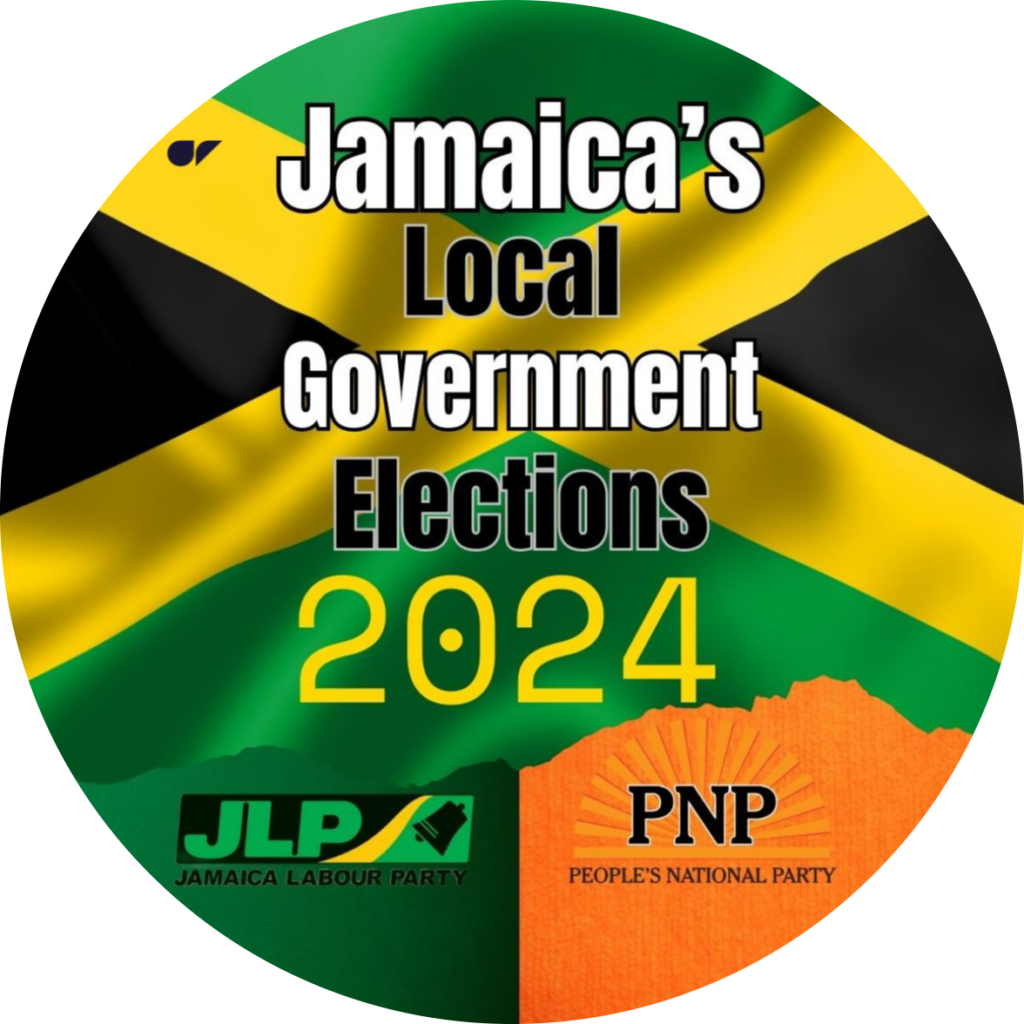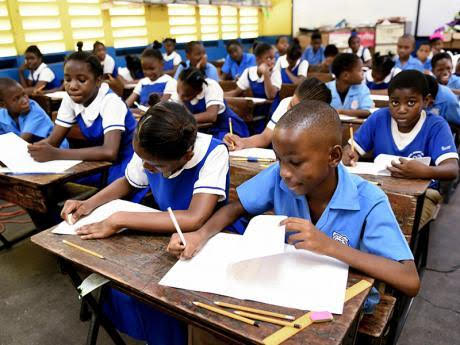
Nobody Wins, But We All Lose
The day after the night before is always the hardest. Anyone who has gone hard will tell you that. The day after is when you have time to think about the night’s actions, cringe at what you did, who you did it with, and why you did it. You question everything — your very existence and why you were born — but most of all you yearn for clarity and stability.
That is the situation both major political parties find themselves in following the February 26, 2024 local government elections which provided contrasting results for each party despite what is on the tin. The People’s National Party (PNP) won the popular vote but lost the actual race for control of the most municipalities. Mark Golding and his team can bask in the fact that they have made the party a viable option for people who vote, but they will have to seriously question if the current team and its message will be enough to see it over the line in a general election cycle which will see more money than we can think of being spent in the constituencies where the Jamaica Labour Party (JLP) are weakest.
On the other hand, the JLP can breathe a sigh of relief that despite the allegations of corruption and cronyism they have retained control of most of the municipalities. They will, however, have to look within themselves and acknowledge that the fault is not in the stars or their messaging, rather the fault is in how they implement policy.
The PNP’s job is easier as it almost always is in opposition. You just have to wait on the incumbent to mess up, harangue them to no end and swoop in when their popularity drops like a rock. Look at Barbados’ treatment of Owen Arthur, the UK and its slow divorce from the Conservative party, or even Bruce Golding’s dispatching of the PNP. Mark just needs to steady his ship by providing crumbs to the vocal but small ideological contingent and look like a viable alternative by holding together the warring factions, and he should be okay.
The knives seem to have been sheathed for now at Old Hope Road, and his dismissal of Mr Dennis Meadows — following his outburst which many right-thinking people view as simply speaking the truth about how politics is run in this country — shows a man who knows the wind is behind his back.
The issues bedevilling Brogad are more difficult to fix and are made more difficult by the wilful blindness to the issues and their impact.
Prior to the election, the JLP had touted their macroeconomic success. This cannot be denied by anyone with eyes; the country can borrow cheaper, has less debt, better credit ratings and the list goes on. These are facts that deserve to be touted but, in a vacuum, mean about as much as me touting the fact I’m over 5 feet tall. If that’s it, okay, why am I being told this? How does it impact me and what are we comparing my height to?
That is the issue the JLP cannot or will not address. Despite the noticeable macroeconomic successes, this has not translated to microeconomic benefits for the masses. Companies benefit through cheaper access to FX loans, but their workers do not see any benefit as items such as bread continue to increase.
People are aware of the success at the macro level but that provides little sustenance if at the micro level things remain the same. It at best means little and at worst is viewed as an insult when we can boast of surpluses yet at the same time quibble over how much to pay doctors, nurses, teachers, and firefighters.
Austerity is easy if the people are willing to suck it up, and Jamaica has shown over the past few decades that yes, we can hold strain to steady the ship if needs be. We have played our part, and now that things are better the people have every right to demand their ticket be redeemed. No land reform, no rent control or subsidised housing, no subsidies for farmers, no price control on essential goods, not in their smallest form or extreme measure are people benefiting at the microeconomic level and as a result, they have registered their protest.
And lest we think that to achieve this we must do some 1959-style revolution, we forget that the first world countries which we seek to ape have all, to a lesser or greater extent, implemented all or some of these measures.
This election was always going to be used as a trial run for the JLP, a way to gauge where they are weakest and where to spend money. However, this election has confirmed what many have suspected; this is not about infrastructure but cost of living, an issue they will have a harder time dealing with.
They cannot control the oil prices, they cannot control grain prices, those are out of their hands. They also have no mechanism to compel the private sector, be they banks, home builders, etc to reduce the cost on the consumer, so all they are really left with are large-scale projects which have a larger national impact but do nothing for the price of bread.
This is a bed which the JLP have made for themselves and their refusal to acknowledge the issue is understandable, after all, they have used the past few years to lambast the Government of the 70s, a time which saw us implement similar social policies.
To hold banks accountable, to demand that housing be affordable, to ensure that basic goods are within the reach of the average household all smack of that 1970s democratic socialism and would mark a major climb down for a man and party who claim to be the opposite of such ideas and ideologies.
The JLP have, if they win or lose the general election, been hoist with their own petard. They touted economic gains and stability and have been skewered by a people who have rightly demanded their share of a pie they see growing but from which they are not benefiting.
The JLP is deeply divided, even I, an outsider, can see this, and this division seems to centre around microeconomic matters. It seems some members of the JLP top brass believe we are able to turn on the spigot, do things bigger than roadworks and infrastructure which would have an immediate and tangible impact.
Others remain firmly wedded to the idea of Teutonic prudence, believing falsely that to give to the people is equated to being a spendthrift. This faction, it seems, has the hold on power and the PM’s recent mutterings seem to confirm this.
Their hands are firmly tied behind their backs due to their touting economic macroeconomic stability above all else. Their refusal to acknowledge the issue and instead blame it on marketing issues is because, if they do begin a serious programme of microeconomic benefits to the people, they will be accused of turning on the spigot, a claim they have levelled against the PNP.
All of this is, however, not an endorsement of the PNP. All they must do is not descend into civil war, not offend the donating class and wait. Simply by having a pulse and not being the JLP should be enough, and that speaks a whole lot, and in a negative way, about where the country is and its much-vaunted democracy.
We have serious issues. Winning the popularity vote with a 29 per cent turnout is nothing to cheer about. People being totally unaware and oblivious of who their councillors are or even where to vote is embarrassing. Running a local government election on national issues as opposed to divisional issues is shameful.
Both parties have a lot of work to do when it comes to the general election, but we can expect some things to remain the same. The cult of personality surrounding the leader, the absence of local issues on the agenda, and the staunch refusal to introduce any form of participatory democracy to do away with increasing voter apathy will continue to be the norm and the country will continue to suffer.
Congratulations to the winners, commiserations to the losers.



